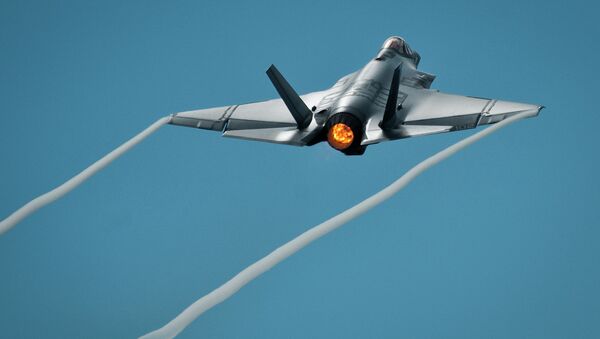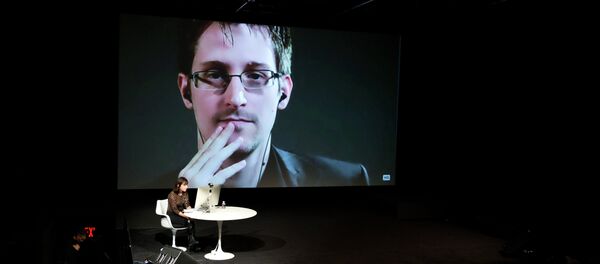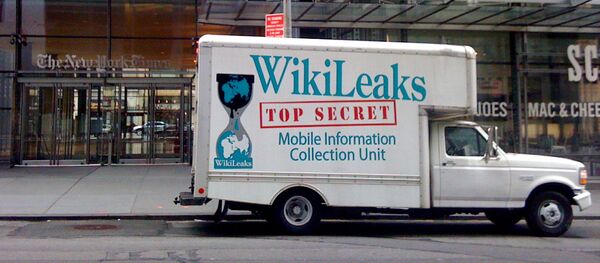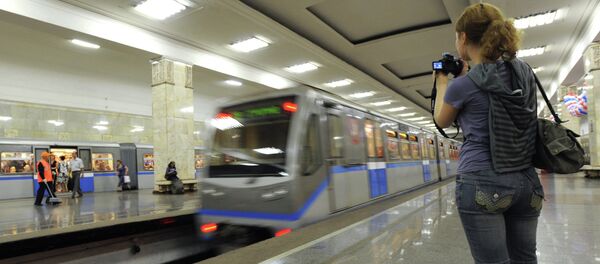In an interview with Air Force Times, Air Force Secretary Deborah Lee James dashed hopes that the military branch would acquire F-35s at a faster rate than the current plan saying that boosting the number of active-duty airmen is the primary priority at this time.
"It’s all a matter of money. I would love to buy also, but I don’t see that as more urgent than staying the course to increase our end strength," said Secretary James. "Increasing that end strength is the top thing. We think it’s the top thing for all our senior leaders."
Gen. Herbert "Hawk" Carlisle, the Commander of Air Combat Command, disagrees with his civilian counterpart’s assessment telling reporters on Tuesday that he was concerned about the service’s F-35 buy rate which hovers around 40 aircraft per year until fiscal year 2021 when the number jumps up to 60. Carlisle explained that the Air Force must buy at least 60 aircraft per year in the near term to replace defective or obsolete warplanes.
"I need more [F-35s] sooner to replace legacy airplanes and airplanes that are going to require money to do service life extension and do capability increases if I don’t replace them with the F-35," he said. "So I would like to see the numbers go up to at least 60 if I can. 80 would be optimal, but given the fiscal constraints that we’re in today, 80 would be very, very hard to get."
The conservative think tank, The Heritage Foundation, released a report on Thursday siding with Gen. Hawk Carlisle calling for the Air Force to procure its full 1,763-aircraft program of record throughout the life of the program and noting that once full-rate production begins the aircraft’s price tag will lower becoming cost-competitive with similar fighter jets.
"The Air Force is currently deferring the purchase/cashing in on F-35As to pay for other critical needs that have gone unfunded or underfunded by Congress," said John Venable, the senior defense fellow who wrote the report. "That practice needs to end immediately."
Ultimately it appears unlikely that the US Air Force will be in a position to boost its haul of F-35A fighter jets given the exorbitant cost of the project on the front end. As Richard Aboulafia, a defense analyst for the Teal group explained, "You’re left with two choices. You either grow the top-line [budget] – good luck with that – or you take cash away from the bomber, which doesn’t appear to be likely."





